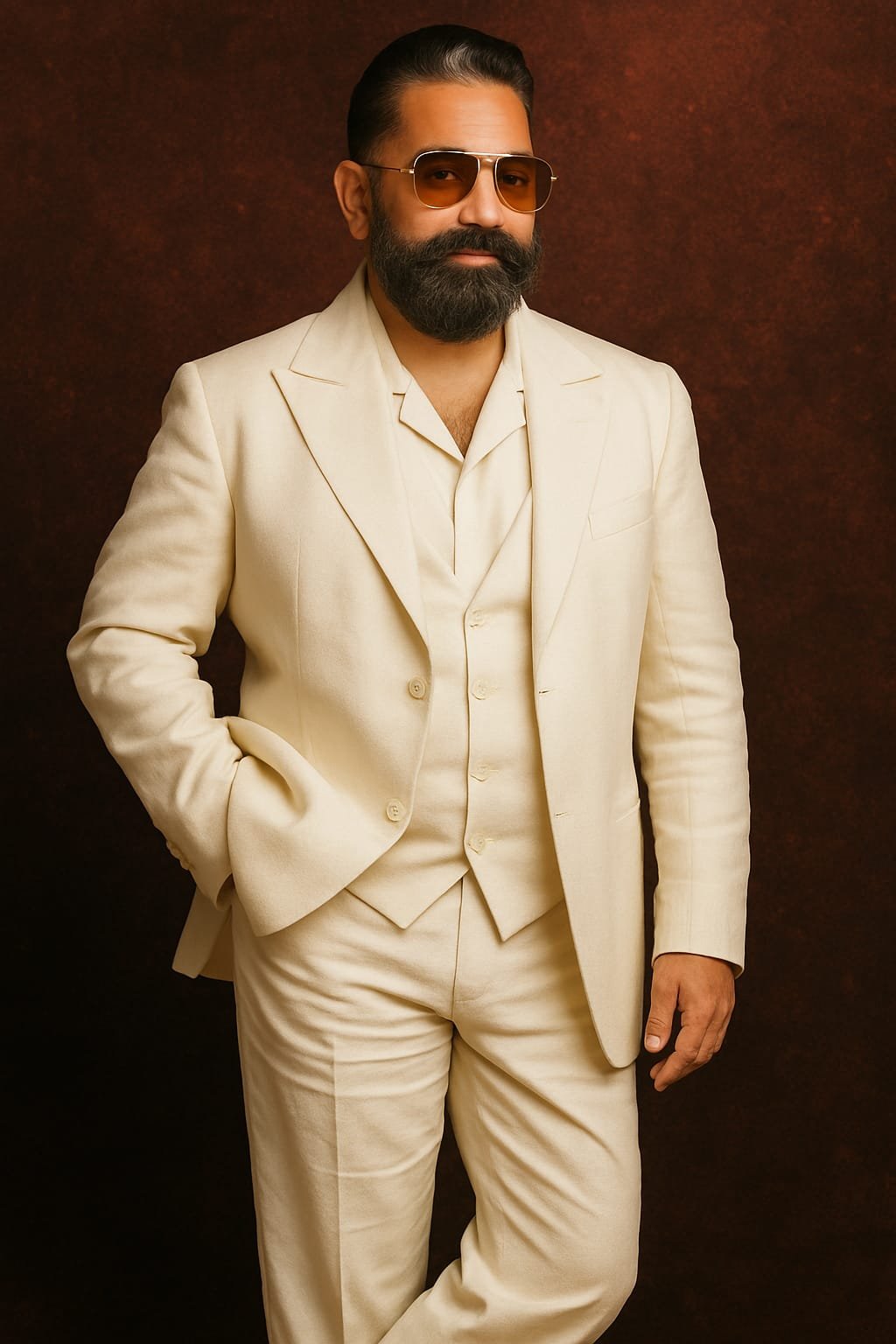
A storm has erupted across the southern skies, not over politics or potholes, but over phonetics and pride. Actor-politician Kamal Haasan, known for both his cinematic flair and rhetorical boldness, has now found himself at the centre of a full-blown linguistic controversy that has roiled cultural waters between Tamil Nadu and Karnataka.
The trigger? A statement made during the promotion of his new film Thug Life, where Haasan suggested that “Kannada was born out of Tamil.” A claim that may have passed as a casual assertion in a film event now echoes through courtrooms and political circles, stoking decades-old regional sensitivities.
The Karnataka High Court, unimpressed and unsparing, demanded that the actor “make amends” for hurting the sentiments of the people of Karnataka. “Are you a historian, a linguist?” Justice M Nagaprasanna asked in open court, after watching the video footage of the comment. “A public figure cannot make such sweeping statements,” the judge added, underscoring the ripple effects of cultural utterances in a country already brimming with identity anxieties.
Despite mounting pressure, Haasan remained defiant. Through his counsel Dhyan Chinappa, he informed the court that neither he nor his production house, Raajkamal Films International, had anything to apologise for. He cited freedom of expression and the “context” of his remark. As a result, the team has now decided not to release Thug Life in Karnataka, at least for now.
The Karnataka Film Chamber of Commerce (KFCC), meanwhile, has barred the screening of the film until a formal apology is rendered and a dialogue takes place with local stakeholders.
Justice Nagaprasanna wasn’t convinced. “You are not an ordinary man, you are a public figure,” he told Haasan. “You create a circumstance, cause unrest, and now you want protection.” The court remarked that the entire episode could have been resolved with “a simple apology.” The next hearing is set for June 10.
Karnataka’s Deputy Chief Minister D.K. Shivakumar weighed in, stating that Haasan “should apologise if he has made a mistake.” Veteran BJP leader B.S. Yediyurappa went a step further, warning that such “irresponsible statements disrupt peace and harmony” and urging Haasan to “respectfully apologise to Kannadigas.”
At the core of this storm lies a deeper fissure—one of language identity, regional pride, and the fragile unity of India's southern states. While Tamil and Kannada are both ancient and illustrious languages, any claim that one is “born of” the other touches raw nerves. Linguists might argue over linguistic trees and Dravidian roots, but to the common Kannadiga, Haasan’s words sounded less like a scholarly thesis and more like an erasure of identity.
The row also throws up questions about celebrity responsibility. Can stardom be a shield for cultural insensitivity? Or should public figures tread more carefully in matters of language, which, in India, often surpass religion and caste in shaping identity?
For now, Haasan’s Thug Life faces a thuggish road ahead in Karnataka. And the linguistic truce in South India remains as fragile as ever.





















